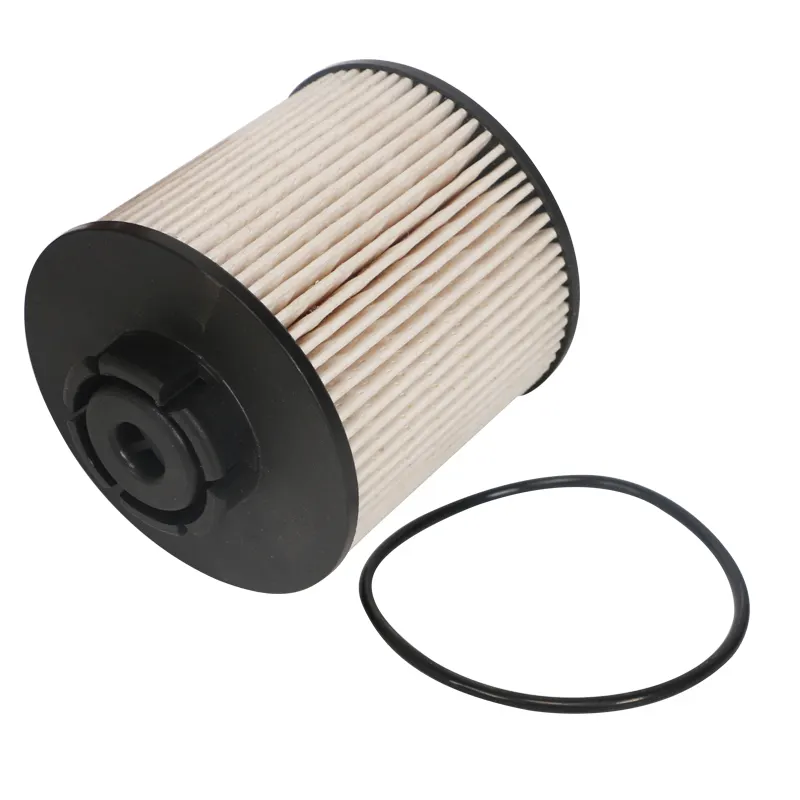Nov . 04, 2024 14:34 Back to list
Understanding the Function and Importance of Oil Filter Check Valves in Engines
Understanding the Importance of Oil Filter Check Valves in Automotive Systems
In the world of automotive engineering, the oil filter check valve plays a critical role in maintaining the efficiency and longevity of an engine. This seemingly simple component is a crucial part of the oil filtration system, affecting everything from lubrication to engine performance. In this article, we will explore the functioning of oil filter check valves, their significance, and maintenance tips to ensure optimal performance.
What is an Oil Filter Check Valve?
An oil filter check valve is a one-way valve integrated into the oil filter assembly. Its primary function is to prevent backflow of oil when the engine is turned off. By ensuring that oil remains within the filter, the check valve allows for immediate lubrication of engine parts the moment the engine is started. Without this valve, oil could drain back into the engine reservoir, resulting in a delay in oil circulation, which could potentially damage the engine during startup.
How Does an Oil Filter Check Valve Work?
When the engine is running, the oil pump circulates oil throughout the engine to lubricate moving parts. As oil passes through the oil filter, the check valve is open, allowing oil to flow into the engine. When the engine is turned off, the pressure in the oil system drops, and the check valve closes. This prevents the oil from flowing back into the sump, keeping it contained within the filter. The next time the engine is started, the valve opens again, allowing oil to flow quickly back into the engine parts, ensuring they are lubricated without delay.
Significance of the Check Valve
1. Prevent Engine Wear One of the primary benefits of the oil filter check valve is its ability to reduce engine wear. In engines without a functioning check valve, the first few seconds after startup can be critical. If oil takes time to reach the engine components, metal parts may grind together without proper lubrication, leading to premature wear. A properly functioning check valve minimizes this risk.
2. Enhanced Oil Filtration By maintaining oil within the filter, the check valve ensures that contaminants and impurities remain trapped. As a result, when the engine is restarted, the oil that flows back into the system is clean and filtered, further protecting engine components.
oil filter check valve

3. Improved Engine Efficiency An effective check valve contributes to overall engine efficiency. By ensuring oil is readily available at startup, the engine achieves optimal performance more quickly. This aspect is especially important in high-performance or modern engines, where precise lubrication is crucial for efficiency and power output.
Maintenance Tips for Oil Filter Check Valves
To ensure that the oil filter check valve functions properly, there are several maintenance practices that vehicle owners can adopt
1. Regular Oil Changes One of the best ways to maintain the integrity of the oil filter and check valve is to perform regular oil changes. Over time, oil can become contaminated, and the filter may become clogged. Following the manufacturer's recommended oil change interval helps keep the check valve in good working condition.
2. Use Quality Oil Filters Not all oil filters are created equal, and using low-quality filters may result in a faulty check valve. Investing in reputable, high-quality oil filters ensures that the check valve performs optimally and protects the engine effectively.
3. Monitor Engine Performance Keep an ear out for any unusual sounds when starting your engine. If the engine sounds rough or you notice oil pressure fluctuations, it could be an indication that the check valve is malfunctioning. Addressing these issues promptly can prevent damage and costly repairs.
4. Consult Professionals If you're unsure about the condition of your oil filter check valve, consider consulting with a professional mechanic. They can perform diagnostic tests and recommend solutions.
Conclusion
The oil filter check valve is a small yet mighty component that has a significant impact on engine performance and longevity. By preventing backflow and ensuring adequate lubrication during startup, it plays a vital role in protecting engines from wear and tear. Regular maintenance and using quality components are key to keeping this essential part functioning correctly, ultimately contributing to the overall efficiency and reliability of your vehicle. Understanding the significance of this often-overlooked component can empower vehicle owners to make informed decisions and enhance their engine's lifespan.
-
Car Air Filter Manufacturer - 17801-31090 / 17801-0P010 OEM Quality | High Efficiency, Customization
NewsAug.06,2025
-
Car Air Filter 17801-31090/17801-0P010 OEM Quality - Qinghe County Annaite Auto Parts Co., Ltd.
NewsAug.06,2025
-
Car Air Filter Manufacturer-QINGHE COUNTY ANNAITE AUTO PARTS CO., LTD|OEM Quality&High-Performance Filtration
NewsAug.06,2025
-
Pure Flow Carbon Cabin Air Filter for Fresh Air
NewsAug.06,2025
-
Car Air Filter Manufacturer 17801-31090 17801-0P010 OEM Quality-QINGHE COUNTY ANNAITE AUTO PARTS CO.,LTD|OEM Quality&High-Efficiency Filtration
NewsAug.05,2025
-
Premium Auto Air Filter: Boost Engine Efficiency
NewsAug.05,2025


